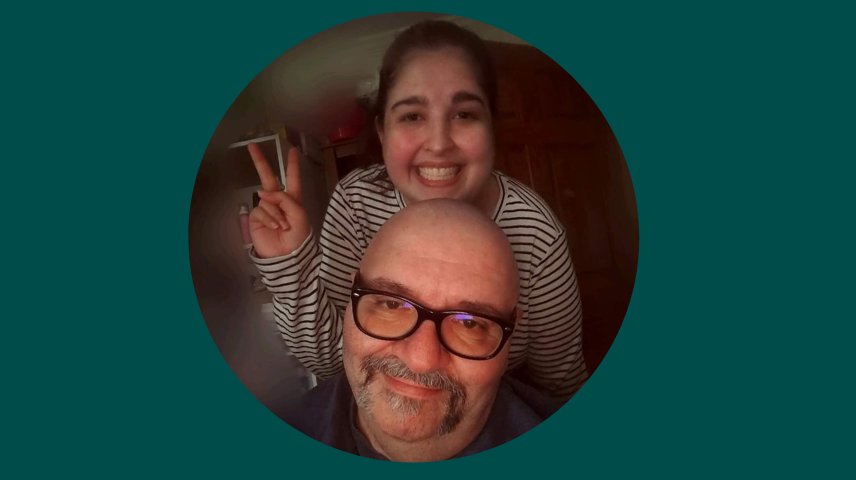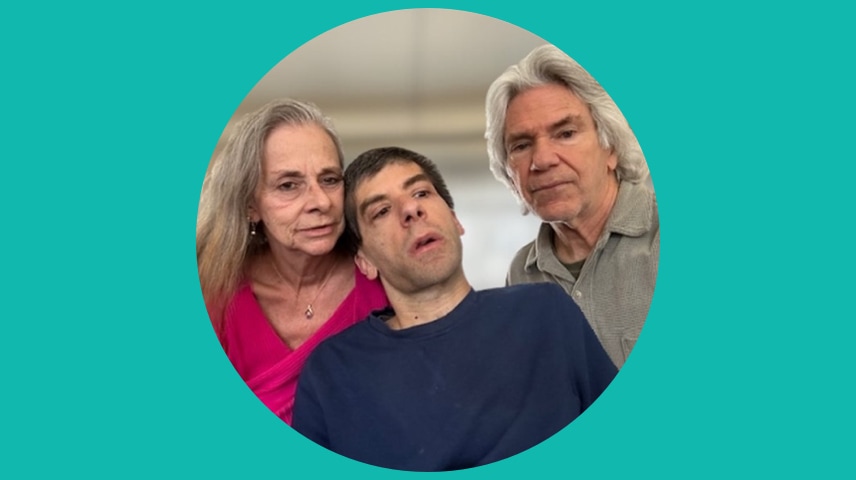Empowering Choices: Suzanne Crisp on the History of Self-Direction
By PPL on October 5, 2023

The FIRST episode of Choose YOU First – A self-direction podcast by PPL.
When I first learned about Self-Direction, I thought what a neat idea. When I get old and gray and say I have some chronic illness, am I going to want a stranger coming in, not knowing what time they were going to be there, who’s going to show up? What I would like to do is I would like to self-direct.
Join host Mark Altieri and guest Suzanne Crisp as they talk about the history and future of self-direction.
Where to listen
About the speaker and interviewer.

First there’s Mark Altieri, interviewer and conversation guide for this episode.
Mark is the Vice President of Business Development for PPL, but Mark will tell you he is committed to the concept of self-direction for more personal reasons. Mark’s son was diagnosed with a health condition at a very young age, which led Mark to a deep understanding of the journey that PPL’s participants maneuver to get funding and care for themselves and/or loved ones. Mark is a passionate advocate of self-direction – ask anyone who has met him. He holds an MBA from Brandeis University in Social Policy and Management and lives with his wife and two children in Massachusetts.
Next there’s Suzanne Crisp, speaker and influential leader within the industry of self-direction. She was kind enough to share her time for this episode.
Suzanne spent 1998-2001 as the Assistant Director for the Arkansas Department of Aging and Disability Services. In 2001, she joined the Centers for Medicare and Medicaid Services to develop policy and advocate for self-direction nationally. Suzanne led the National Resource Center for Participant Directed Services (NRCPDS) technical assistance team. She is also co-author of the Fiscal/Employer Agent Core Standards, representing industry best practice, as well as Self-Direction: A Handbook. Suzanne is regarded as one of the most influential leaders in the field of self-direction and HCBS policy and regulation.



